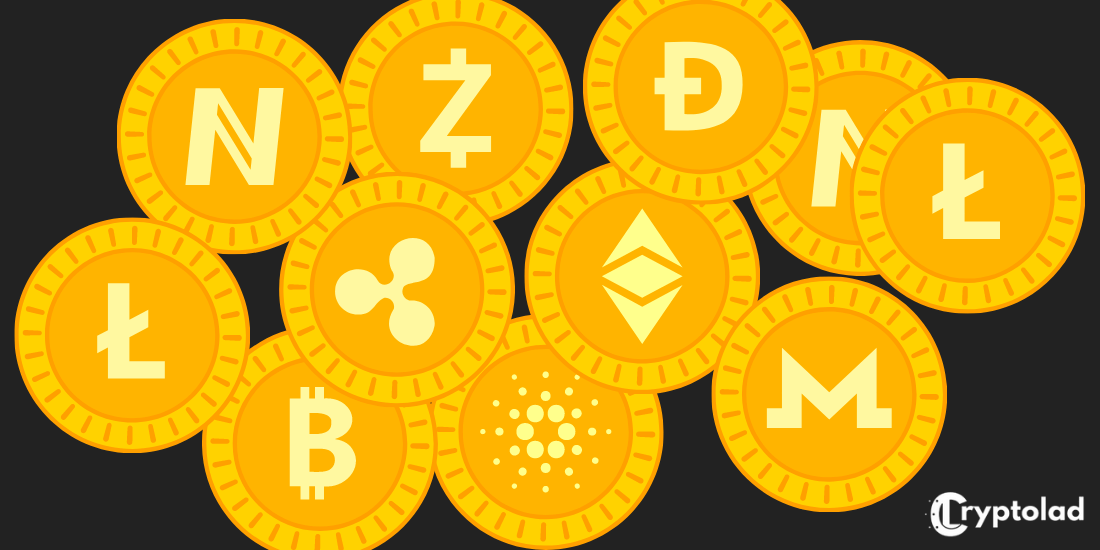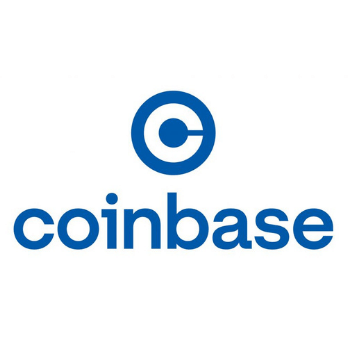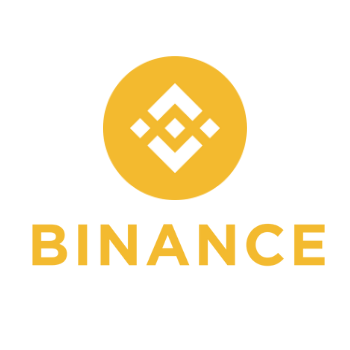Best Crypto Exchanges to Trade Altcoins in 2022
It's Altcoin season! Here the best exchanges to trade altcoins

#1 | Coinbase
One of the old-school exchanges. Coinbase is one of the largest cryptocurrency exchanges in the world. Traders enjoy a low 0.5% trading fee and a simple, easy to use exchange. Coinbase the best crypto exchange to trade altcoins on.
#2 | Binance
The world's largest cryptocurrency exchange also has the lowest fees. Traders can expect to pay as little as 0.05% per transaction while enjoying high liquidity, fast transactions, instant withdrawals while trading on an advanced trading platform with limitless features.
Finding a suitable cryptocurrency exchange to buy and sell altcoins is essential if you plan on trading consistently.
You should always ask a few questions before joining any exchange, here are a few things to look at:
- Is it available in your country?
- How hard is the platform to use?
- Does it have a proven security track record?
- What is customer support like?
- What are the trading fees?
Luckily for you, we have taken the time to thoroughly research each exchange so you don't have to!
Let's get started...
What are Altcoins?
Altcoins are cryptocurrencies that exist in addition to Bitcoin.
While both altcoins and Bitcoin employ blockchain technology, these digital assets' purpose, features, and functioning might differ.
There are dozens of altcoins, but some of the most well-known include Ethereum and Bitcoin.
Altcoins may be thought of as Bitcoin variants.
Developers build altcoins to improve the functioning of Bitcoin or provide features that Bitcoin does not have.
While some alternative coins may value these digital assets investors, others advance only on excitement and live on conjecture.
Many altcoins have had spectacular climbs this year, mirroring Bitcoin's surge this year, which has risen more than 110 percent as of November 15. Ethereum (ETH), Bitcoin's main rival, has risen roughly 500 percent year to date, while the upstart Shiba Inu Coin (SHIB) has gained an incredible 380,000 percent in a year.
"As the first cryptocurrency, Bitcoin established a precedent for how cryptocurrency projects should work," says Colin Pape, creator of Presearch, a search engine powered by blockchain technology, like cryptocurrencies.
While both altcoins and Bitcoin employ blockchain technology, these digital assets' purpose, features, and functioning might differ.
There are thousands of altcoins on the market.
However, the following are some of the most popular:
- Ripple (XRP).
- Ethereum.
- Cardano (ADA).
- Litecoin (LTC).
- Dogecoin (DOGE).
- Solana (SOL).
- Shiba Inu Coin.
Alternative currency creators and developers aspired to create new versions of Bitcoin based on what they considered was lacking from Bitcoin's platform.
Ethereum, for example, is a system that allows users to transmit money to one another.
Still, it can also be used in application development where new tokens may be produced on the network.
Cardano, like Ethereum, aims to provide peer-to-peer transactions and let developers construct apps on the network.
On the other hand, Cardano's platform takes a research-intensive approach to grow out its blockchain network.
Litecoin includes a variety of characteristics as well.
To begin with, Litecoin has a more significant supply than Bitcoin, and transactions on the Litecoin network are often quicker.
Litecoin's goal is to be a silver alternative, similar to how some regard Bitcoin as a gold alternative.
There is an infinite number of altcoins, but they do not necessarily compete with Bitcoin.
Instead, "the objective of altcoins is to be initiatives that build on top of open-source blockchain technology, enabling alternative use cases to the old financial system and huge tech corporations - think DeFi (decentralized finance) or NFTs (nonfungible tokens)," Pape explains.
What is a Cryptocurrency Exchange?
The most exemplary cryptocurrency exchanges make it simple to buy and sell the currencies you choose, with low fees and robust security measures.
When looking for the perfect cryptocurrency exchange for your needs, consider the supported currencies, price, withdrawal methods, and security—all of which we considered when compiling our list of the top cryptocurrency exchanges.
A cryptocurrency exchange is a platform where users may buy, sell, and trade cryptocurrency.
A cryptocurrency exchange functions similarly to an online brokerage in that customers may deposit fiat currency (such as U.S. dollars) and use those funds to buy bitcoin.
Users may also swap their cryptocurrency for other cryptocurrencies, and some exchanges let users earn interest on cryptocurrency kept in an exchange account.
Different Types of Crypto Exchanges
Centralized Exchanges
The first and most popular kind of trade is the centralized exchange.
Popular exchanges in this category include Coinbase, Binance, Kraken, and Gemini.
These exchanges are private firms that provide trading platforms for cryptocurrencies.
The Know Your Customer regulation applies to specific transactions requiring registration and identification.
Centralized exchanges disprove the Bitcoin philosophy.
They run on their own ate servers, which creates an attack vector.
If the company's servers are compromised, the entire system may be shut down for a while.
Worse, vital information about its users might be compromised.
The more extensive, more popular centralized exchanges give by far the smoothest on-ramp for new users, and they even offer some sort of insurance if their systems fail.
While this is legitimate, when you purchase bitcoin on these exchanges, it is housed in their Custodial wallets rather than in your wallet that you possess the keys to.
The insurance given is only valid if the exchange is at fault.
You will lose your funds and be unable to obtain insurance.
It is critical to withdraw any substantial quantities and store them safely.
Decentralized Exchanges
Decentralized exchanges function similarly to Bitcoin. In a decentralized exchange, there is no central point of control.
Consider it as a server, except that each machine on the server is scattered globally.
An individual controls each computer that makes up one portion of that server.
If any one of these computers fails, the network is unaffected since many additional computers support the network.
This is not the same as one corporation managing a server in a single place.
Attacking anything dispersed and decentralized in this way is far more complex, making such attacks unrealistic and likely to fail.
Because of this decentralization, these sorts of exchanges are not subject to the restrictions of any regulatory authority, as a single person or organization does not administer the system.
Therefore a government or regulatory authority cannot reasonably pursue a single individual or group.
This implies that people dealing on the platform are not required to identify their identity and are free to use the site in any way they see fit, legal or illegal.





